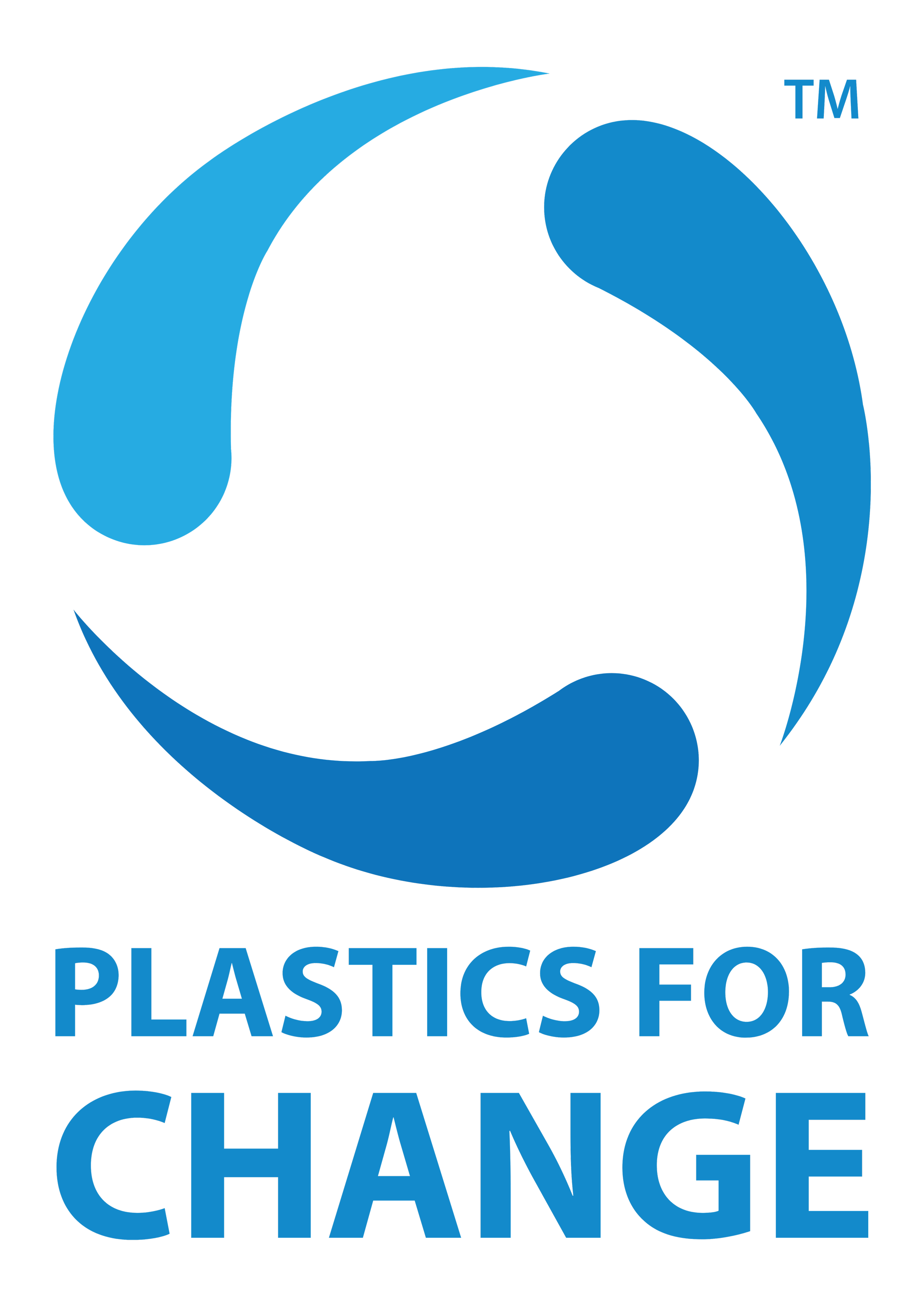Why Top Brands Are Investing in Fair Trade Recycled Plastic Right Now
(Source Credits: Plastics For Change)
In today’s market, sustainability is no longer a niche—it’s a necessity. Consumers are more informed, regulations are getting stricter, and climate goals are under global scrutiny. In response, leading global brands are rethinking the materials they use and the impact of their supply chains.
One shift that’s gaining momentum: the move toward fair trade recycled plastic.
The New Standard: Beyond Recycled, Toward Responsible
Recycled plastic isn’t new. Many companies have experimented with it. But what sets fair trade recycled plastic apart is its traceability, transparency, and the social value it creates at the source.
Top brands are not just looking to reduce virgin plastic use. They’re looking for solutions that:
Align with ESG and sustainability targets
Support ethical sourcing and community upliftment
Are fully traceable and third-party verified
Minimize risk of greenwashing
Fair trade recycled plastic checks all these boxes.
Why It’s Gaining Brand Momentum
Here’s why the biggest names in beauty, personal care, and lifestyle are moving fast on this front:
1. It Meets Compliance and Reporting Requirements: With new policies like the EU Green Deal, India’s EPR laws, and corporate disclosure mandates, brands are under pressure to show where their materials come from and how they were sourced. Fair trade supply chains provide the documentation and standards needed to comply.
2. It Tells a Better Brand Story: Modern consumers want to support companies that treat people and the planet well. Packaging made from fair trade recycled plastic gives brands a compelling story—not just about the environment, but also about social impact. It adds emotional and ethical weight to the product.
3. It Builds Long-Term Brand Trust: Shortcuts no longer work: Consumers and regulators are watching. Brands that invest in ethical, verified supply chains are not only reducing reputational risk—they’re also building trust with future generations of buyers.
4. It Supports Real Impact on the Ground: Fair trade recycled plastic supply chains go beyond materials—they support better livelihoods for waste collectors, promote safe working conditions, and uplift communities often left behind by the formal economy.
For brands, this means more than meeting a sustainability KPI. It means becoming part of a systemic solution.
What Industry Leaders Are Doing
Major players in personal care, cosmetics, and FMCG have already made the switch or are actively piloting fair trade recycled plastic in their packaging lines. This is not a future trend. It's happening now.
Some are replacing primary packaging with recycled content
Others are designing reusable/refillable formats using ethically sourced materials
Many are integrating these efforts into larger circular economy goals
Across the board, the shift is clear: sustainability must be inclusive and measurable.
Final Thoughts: It’s Not Just About the Material. It’s About the Model.
Brands that lead on sustainability are no longer just asking “What’s the recycled content?” They’re asking:
Who collected this plastic?
Were they paid fairly?
Is the supply chain traceable?
What kind of impact did we create?
Fair trade recycled plastic answers these questions with credibility.
At Plastics For Change, we provide brands with access to verified fair trade recycled plastic, backed by full supply chain transparency and strong social impact. Our model is built to meet the needs of future-ready companies—those who care about people, product, and purpose.
If you're looking to transition your packaging to ethical, high-quality recycled plastic, connect with us. Together, we can build a better supply chain—one that delivers both environmental and social value.
Learn more at: www.plasticsforchange.org

